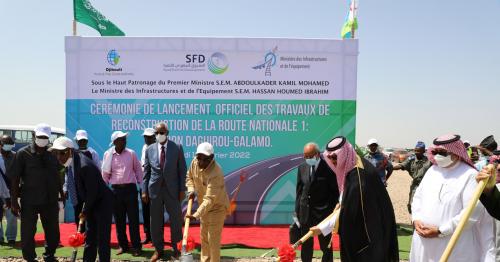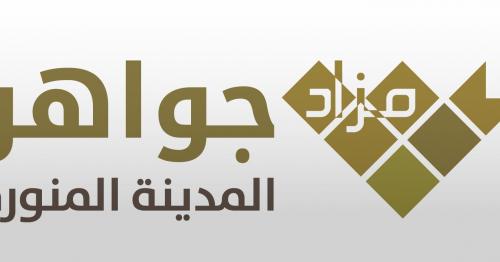Saudi Arabia will need an additional 10,000 doctors by 2020, say experts
“Saudis have traditionally gone oversees for health care, and it is Colliers’ opinion that they can be targeted if the same hospital brands where they have this treatment can establish branches in KSA.”
Ahmed said that the focus should be not simply on increasing the number of beds, but in creating more centers of excellence dedicated to daycare surgery, which will reduce demand for bed space.
Dr. Camille Sirgi, deputy CEO of the Abu Dhabi’s Bareen International Hospital, described KSA’s bed shortage crisis as “worrying”, and agreed the Oxford Economics study paints “a real picture” of the situation both in KSA and across the GCC.

“Saudi has a greater population than the rest of the GCC, so this problem is heightened,” he said. “And it does not just affect a certain societal segment — it has a real impact on every person in the short and long-term future.”
Efforts should go beyond infra- structure and additional beds, due to the shortage of nurses, physicians and hospital technicians that will emerge unless measures are taken.
Sirgi said that the Kingdom should adopt similar measures to the UAE, which last month announced long-term residency visas for up to 10 years for investors and specialists, including doctors, which would attract oversees talent to make a more permanent move. The Kingdom also needs more medical colleges and universities to train homegrown talent, and to offer financial incentives or subsidiaries for those studying in health care.
Prasanth Manghat, CEO and executive director of the UAE’s largest private health care provider NMC Health, which is expanding into Saudi Arabia, said: “The Kingdom is working overtime to bring social, economic and cultural change. It is moving beyond the realms of the hydrocarbon-based economy. Talking in terms of health care, the details of the report are no surprise to us as we have entered the geography some time back and are present in four cities with more than 800 beds.
“There is not only a huge demand and supply (capacity) gap but also a definite capability gap. The short- to-medium term areas are mother and child health, geriatrics, oncology and long-term care. These four focus areas are well within the statistics.”
Manghat said that more demand will require more skilled profes- sionals, especially the development of local talent.
An Australian expatriate working as a nurse in Saudi, who declined to give her name, believes a lack of primary health-care facilities — especially outside metropolitan areas — exacerbates the bed shortage issue, as people in need of early-stage medical care are not seen until their condition requires immediate and more urgent medical attention in larger city-based hospitals.
“There is also a lack of long-term care facilities and a health-care system that hasn’t been refined to suit the needs of Saudis — especially those who live rurally and don’t know how to access services provided for them by the government,” she said.
“I would like to see more programs targeting difficult-to-reach areas, and developing health care in remote areas and smaller cities, so only those requiring specialist care have to come to Riyadh.”
However, Hamish Clark, partner at Middle East Health Industries at PwC, believes a drive by the Kingdom to educate its citizens to adopt healthier lifestyles may mean the bed shortage will be less critical than the study suggests.
...[ Continue to next page ] / Source: arabnews






Comments